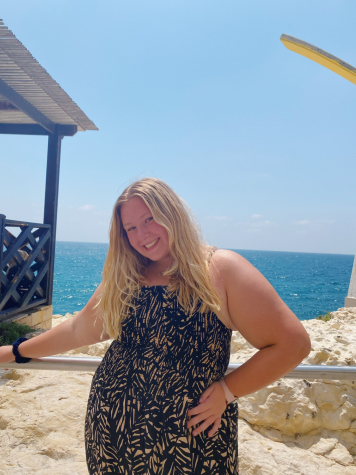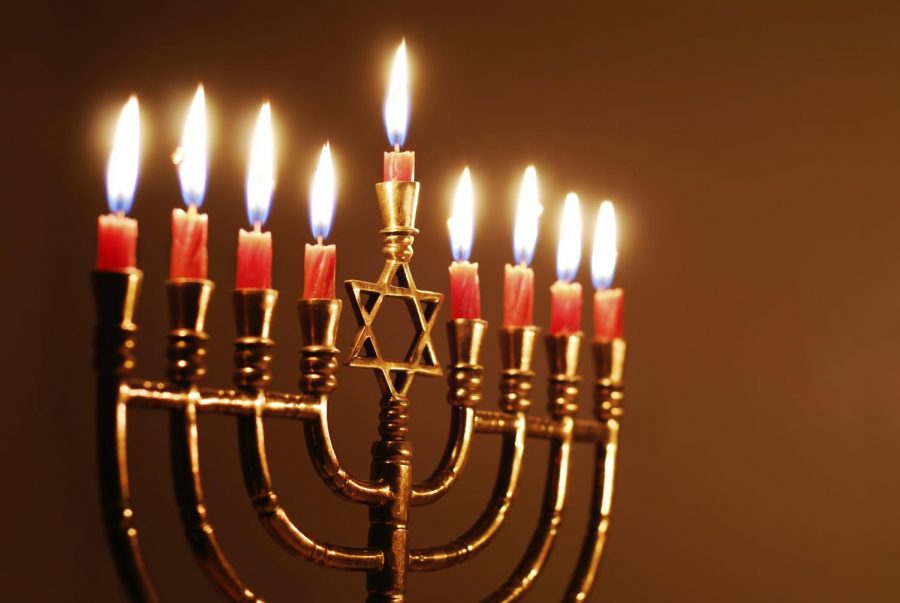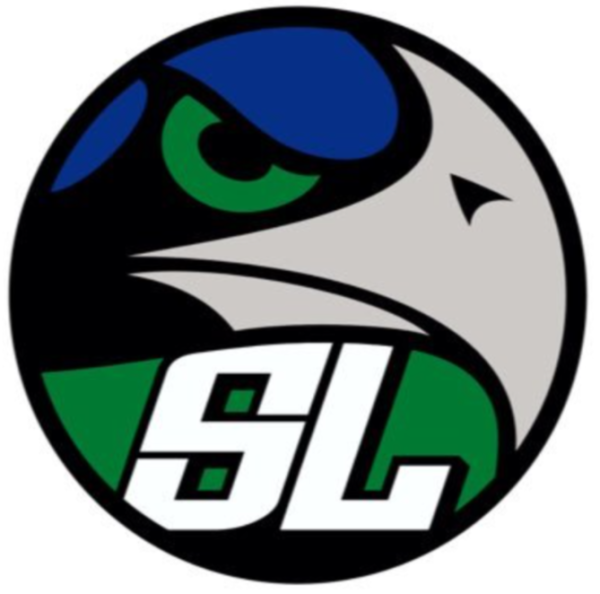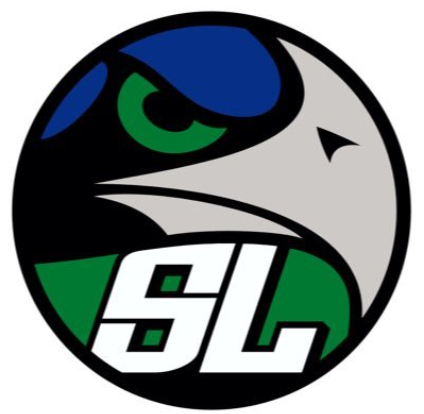Hanukkah explained
Hanukkah, also known as The Festival of Lights, is an eight day Jewish holiday. Hanukkah starts on the 25th day of Kislev, which would translate to sometime in December in the English calendar. The exact date varies each year. Some non Jews associate Hanukkah as being the Jewish version of Christmas, however the two holidays are drastically different. Although some traditions are similar, such as spending time with family and exchanging gifts, the origin of Hanukkah is much deeper than most think.
In the second century BCE, the Holy Land was ruled by the Seleucids (Syrian-Greeks). The Seleucids tried to force the Jews to accept Greek culture and did not let them practice Jewish traditions such as reading/studying Torah, performing Mitzvot (doing good deeds) and praying to God at the Synagogue. The Jews had to live in fear.
With all odds stacked against them, a small army of Jews known as the Maccabees fought back against this religious persecution. They claimed back the Holy Temple. Here is where the part with the oil comes in. In order to light the Menorah in the Holy Temple, they needed a good amount of oil but they only had enough to last them one day. However, the oil ended up lasting them a total of eight days! This is the Hanukkah miracle. In those eight days they were able to make more oil in order to keep the eternal flame alive.
In the 21st century, Hanukkah traditions vary by family, and how religious you are. Many families exchange gifts and have their children make “Hanukkah lists” similar to a Christmas list. But some families won’t exchange gifts the way that people do at Christmas, and just give their kids Hanukkah Gelt (a chocolate golden coin) or donate to charity as a family.
Another tradition that is still alive and wel,l is playing Dreidel. A Dreidel is a four sided spinning top with a Hebrew letter on each side. The letters are Shin, Hey, Gimel and Nun. These letters represent the Hebrew saying “Nes Gadol Hayah Sham”, which translates to “a great miracle happened there”. The tradition dates back to the second century when the Jews were being persecuted and could not learn Torah they would learn it secretly in their houses and when a Greek soldier came to the house they would quickly pull out a Dreidel and begin to play to fight off any specific speculations. Now, kids play this game during Hanukkah and try to win chocolate Gelt.
Something else that Jews do on Hanukkah is eat fried food to symbolize the miracle of the oil. Some of these foods include Latkes (potato pancakes) and jelly donuts, the Hebrew word for jelly donuts is sufganiyot.
Hanukkah is overall a great holiday with many underlying traditions, and a unique origin story. Although we will be at home for the holidays this year, I know that the Jews will persevere and make something good out of a bad situation, similar to what our ancestors did when reclaiming the Holy Temple. I hope everyone has an amazing Holiday season!
Hanukkah begins this year on December 10.

Chloe Baker is a Senior at South Lakes. This is her second year on staff, and first year being an editor. She is so excited to start writing again and...















